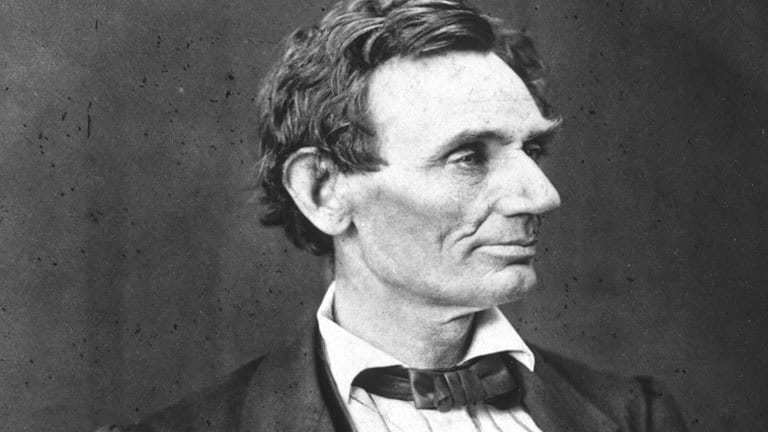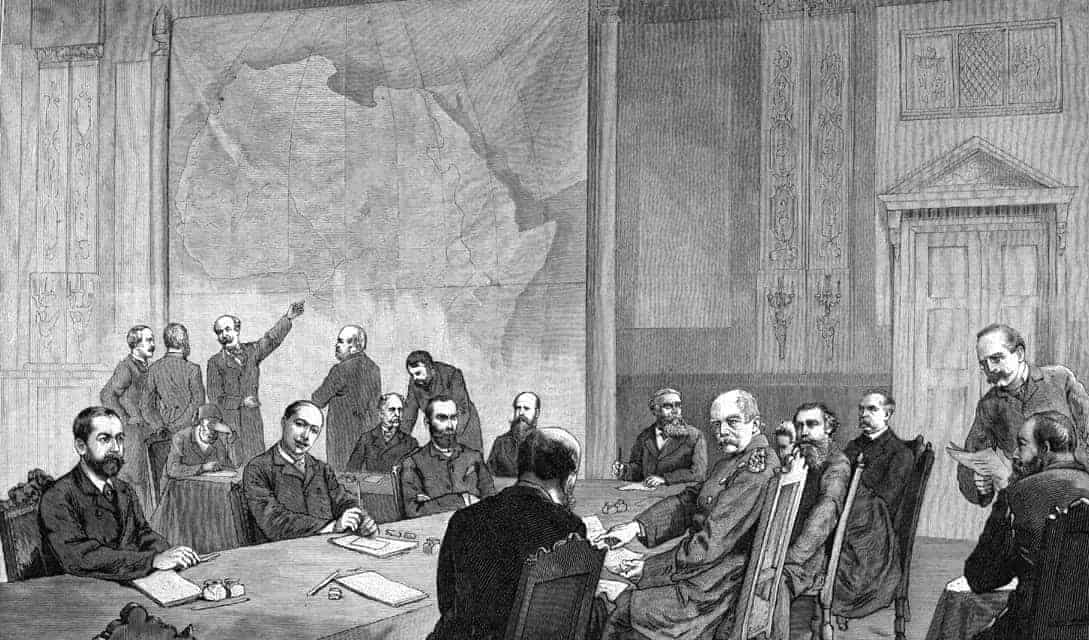On this date in history, news of Lincoln’s Emancipation Proclamation reaches the Southern States. Pro-Confederate newspapers react with horror at the news.
There has been much controversy over why Lincoln issued the proclamation, which granted many slaves their freedom. Some believe that he did it for idealistic and humanitarian reasons. For some, he issued the Proclamation for strategic reasons. By the end of 1862, the situation facing the North was not good. Then the French and British were edging closer to recognizing the Confederacy and this would have been a great blow for the Union. Then General Robert E Lee and other Confederate generals had been able to inflict some heavy defeats on the Yankee army. Lincoln was very concerned about the future of the war and he believed that the Union itself was at stake.
Lincoln appears to have issued the Emancipation proclamation partly out of abhorrence of the institution of slavery and also to undermine the South’s war efforts. He hoped that the emancipation would lead to many slaves fleeing their places of work and this would deplete the South’s workforce. If slaves ran away, then the Confederacy’s economy would suffer. This would help to turn the tide of the war in favor of the North.

Lincoln wanted to issue the proclamation after a Union military victory. He had issued a preliminary proclamation after the battle of Antietam. The proclamation effectively outlawed the institution and practice of slavery in the Southern Secessionist States. Northern abolitionists welcomed this move but wanted the Emancipation to be proclaimed in all of the States of the Union. However, Lincoln did not do this and he deliberately issues an ambiguous Proclamation in order to appease all shades of white opinion. It must
The proclamation effectively outlawed the institution and practice of slavery in the Southern Secessionist States. Northern abolitionists welcomed this move but wanted the Emancipation to be proclaimed in all of the States of the Union. However, Lincoln did not do this and he deliberately issues an ambiguous Proclamation in order to appease all shades of white opinion. It must be remembered that many whites in the North also were sympathetic to slavery.

Lincoln’s proclamation was condemned by the South. It did not lead to a massive slave rebellion in the South, but they began to slowly escape from slavery in small groups. Towards the end of the Civil War many more slaves left their masters and many headed north or out west. Many joined the Union army or worked in Northern industries. Many freed slaves faced continued discrimination in the North and even in the Union army. They generally idolized Lincoln and they did all they could to help the Union to defeat the South.
Lincoln was happy that he signed the Proclamation and he believed that it was morally and the right thing to do. He also believed that it would help to preserve the Union by undermining the slave-based economy of the South. The Proclamation did mark a significant step in the emancipation of African-American slaves. It was not until after the Civil War that all African-American slaves were freed. Even after this especially in the South, African-American faced continued restrictions on their liberties and freedoms – such as the ‘Jim Crow’ Laws.

